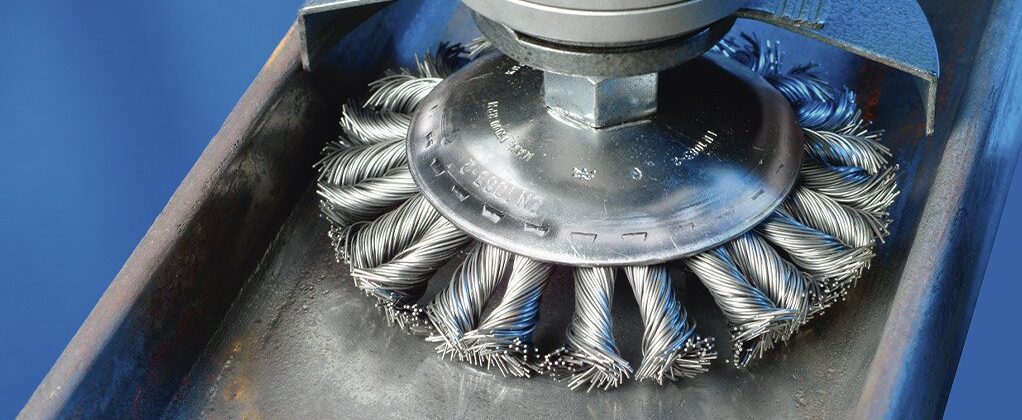by Flextra Engineered Products 0 comment
Doubt remains as to whether Steel Master Plan can rescue the steel industry
The World Steel Association has lowered its forecast for global steel demand for this year, anticipating that demand will contract by 2.3% as the global economy struggles with macroeconomic headwinds.
South Africa’s steel industry has also been under pressure for years owing to a prolonged period of economic decline.
Even prior to the Covid-19 pandemic, low domestic demand and a depressed global market were negatively impacting the local steel sector, leading to unprecedented job losses.
In 2021 a steel industry master plan was signed to revitalise South Africa’s struggling downstream steel industry.
However, while some industry players have welcomed the master plan, others argue that the plan prevents the industry from accessing cost-effective input materials which, in turn, makes it uncompetitive.
“There is no question that saving a strategically important industry, like the steel industry, has merit. A competitive downstream steel industry would have several multiplier benefits for the economy.
“Any strategies to revitalise the industry must prioritise and ensure the industry’s overall long-term competitiveness,” a statement issued on behalf of local company Pferd South Africa on November 15 states, adding that “this inevitably requires scrapping import duties on steel that will be beneficiated locally to ensure a more stable and competitive local market”.
Given a subdued local economy and the likelihood that any infrastructure roll-out will be limited, local steel businesses need to be pursuing export opportunities if they hope to grow, the statement outlines.
Local steel companies argue if they are to be sustainable, then the only way they can create a strong export market for locally produced steel products, is if they are able to procure raw materials at a competitive price from the international market.
Encouragingly, the World Steel Association expects demand for steel globally will start recovering in 2023, growing by an expected 1%. South Africa’s steel sector needs to ensure that it is competitively positioned if it hopes to benefit from this upturn.
To ensure it is competitive, the industry also needs to focus on addressing energy constraints, efficiency improvement, human capital and skills development.
As far as the latter is concerned, Pferd-South Africa has established a training academy that provides free training to operators of abrasive equipment.
The PFERDAcademy addresses challenges such as operator fatigue, incorrect tool handling, material cross-contamination, consumable and machine incompatibility as well as non-adherence to labelled guidelines.
The company believes training plays an important role in optimising operational efficiency because companies then benefit from reduced equipment bills, as it requires less frequent replacing. Safe work practices reduce injuries, leading to reduced operator downtime and ultimately increasing productivity.
As a major player in the abrasive industry within South Africa and on the African continent, Pferd is committed to continuous research and development to improve the quality, safety and ergonomics of its high-performance abrasives.

